Reform UK, has stirred the UK political scene with its transformation and broadened agenda. Spearheaded by notable figures like Nigel Farage and Richard Tice, the party’s journey from Brexit advocacy to addressing a wide array of national issues marks a significant evolution in its political stance.
#1. Origins and Rebranding
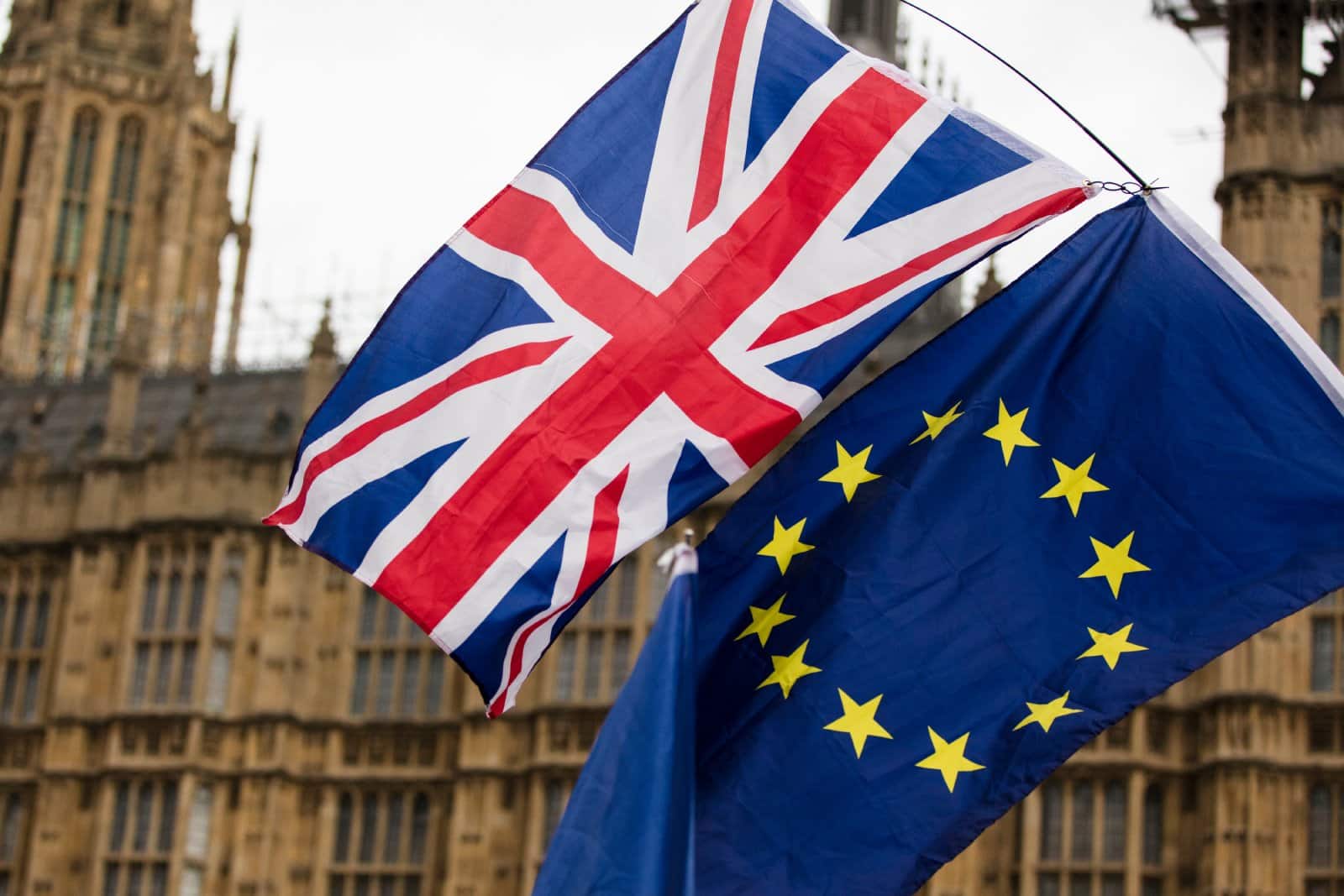
Originally launched as The Brexit Party in 2019 by Nigel Farage, the party was rebranded to Reform UK in 2020 to broaden its political agenda beyond Brexit.
#2. Brexit Focus

Initially, the party’s primary focus was advocating for the United Kingdom’s departure from the European Union, a stance that significantly influenced UK politics.
#3. Leadership
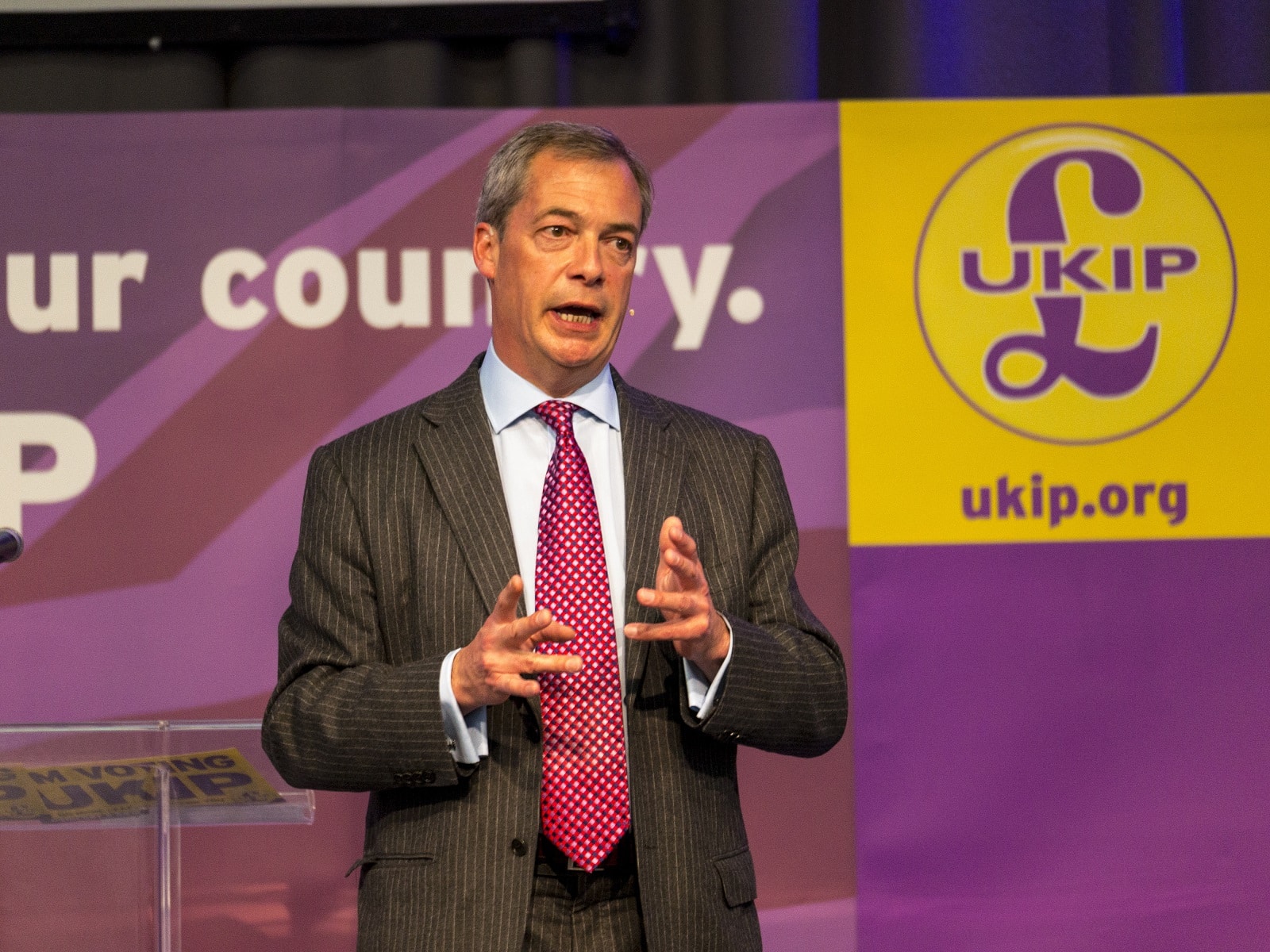
Nigel Farage, a prominent figure in UK politics and a leading advocate for Brexit, was the party’s first leader. He stepped down following the UK’s official departure from the EU, with Richard Tice taking over as leader.
#4. Policy Shift

After achieving its primary goal of Brexit, the party shifted its focus towards broader issues such as political and public health reform, particularly critiquing the UK government’s handling of the COVID-19 pandemic.
#5. Criticism of Lockdowns
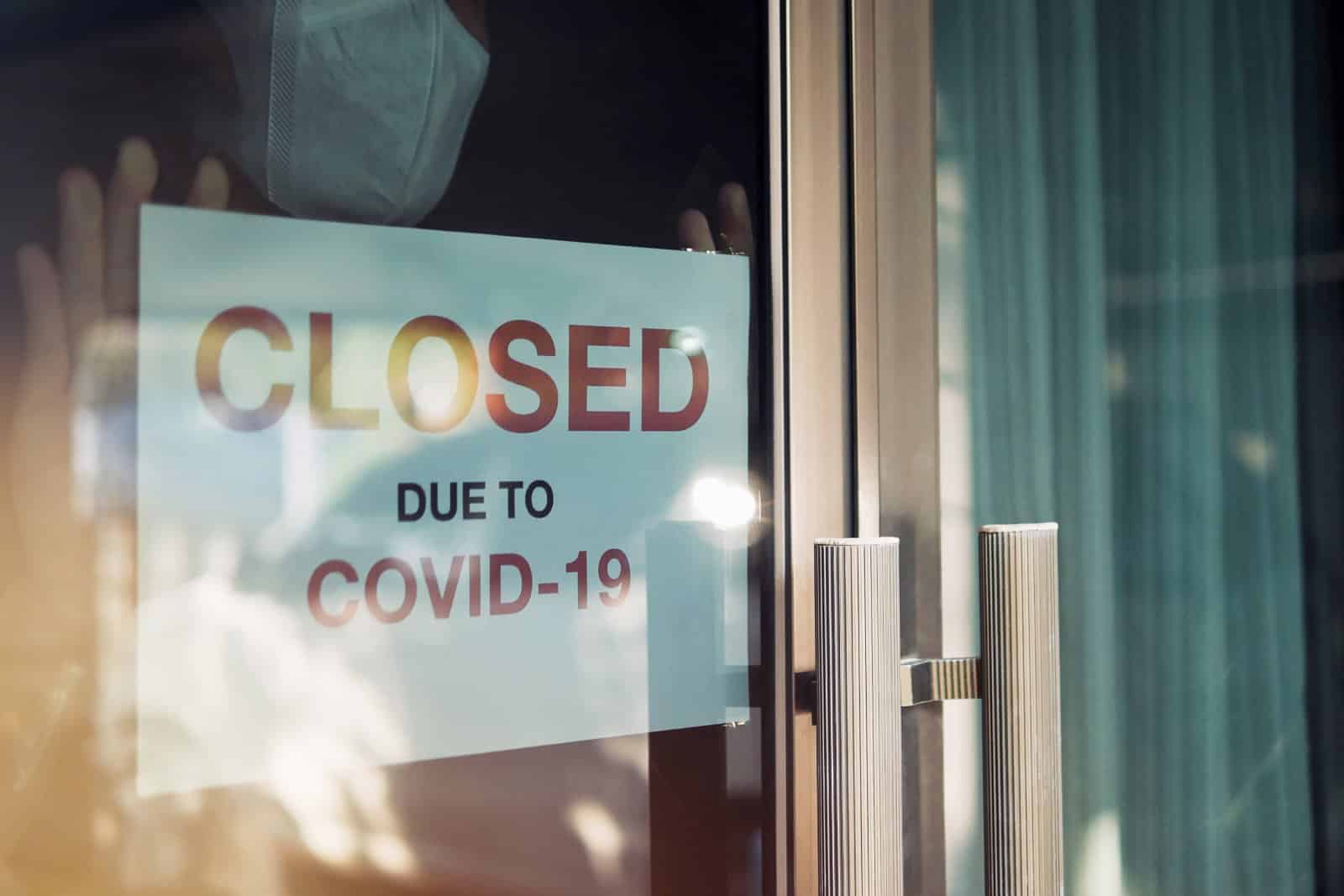
Reform UK has been vocal in its criticism of the UK government’s lockdown measures during the COVID-19 pandemic, arguing for a more balanced approach to public health and economic activity.
#6. Electoral Performance
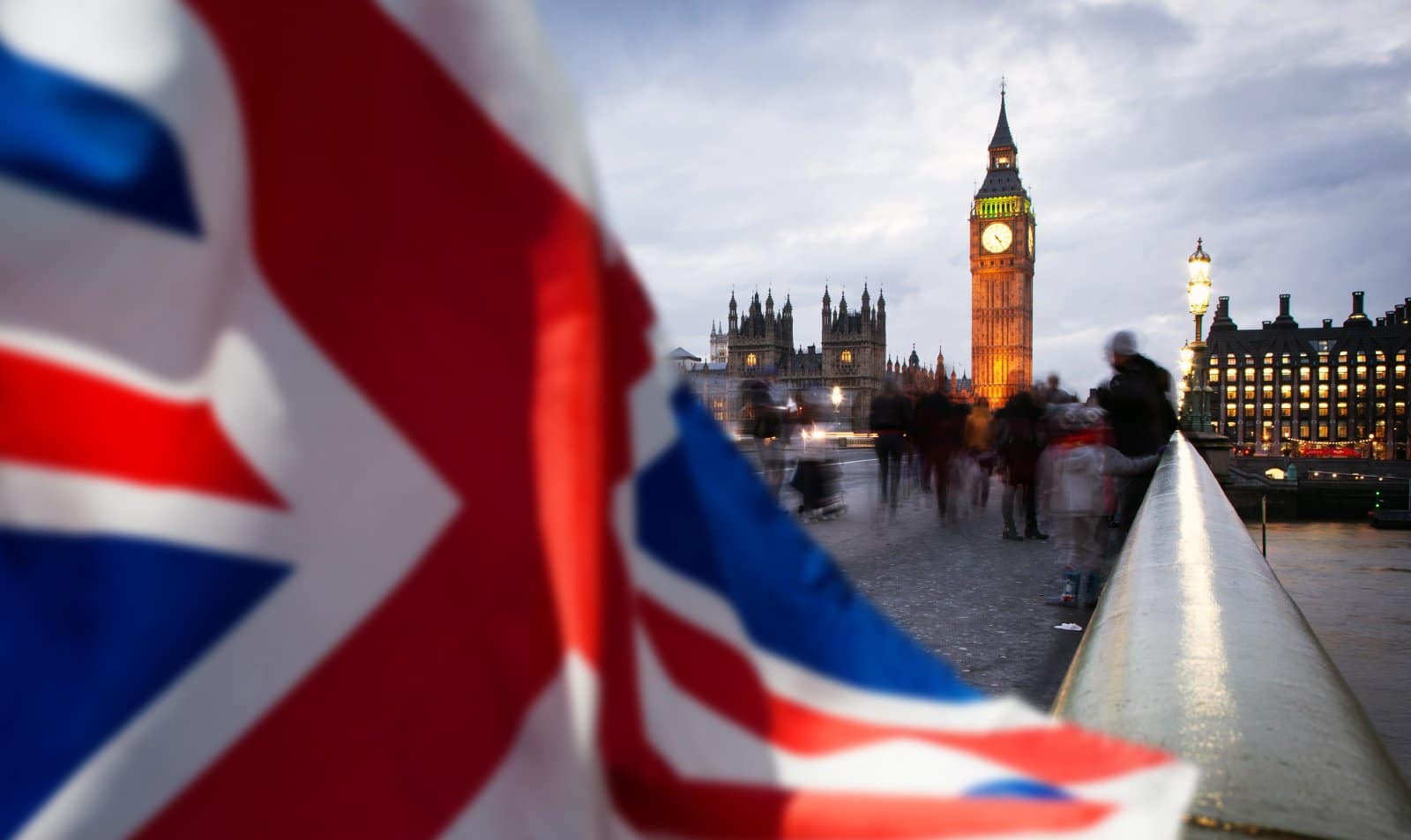
The party has contested various elections since its inception but has faced challenges in securing significant representation in the UK Parliament.
#7. Policy on Taxation

Reform UK advocates for a simplified tax system to boost the economy and support businesses and individuals.
#8. Free Speech Advocacy

The party positions itself as a defender of free speech and has criticized what it perceives as restrictions on expression in the UK.
#9. Opposition to the “Net Zero 2050” Target

Reform UK questions the feasibility and economic impact of the UK government’s commitment to achieving net-zero greenhouse gas emissions by 2050.
#10. Healthcare Reform
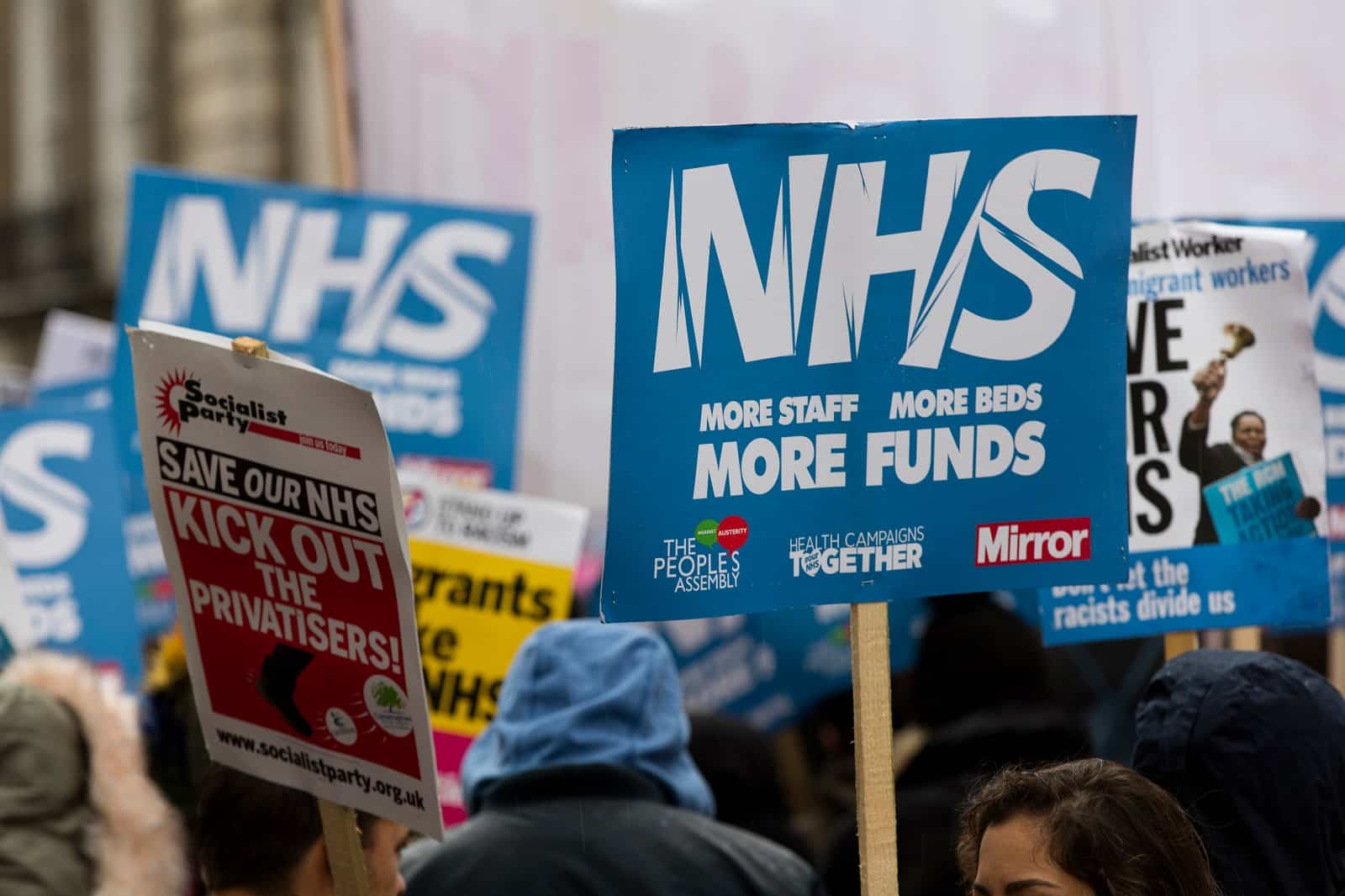
It proposes reforms to the National Health Service (NHS), advocating for more private sector involvement to improve healthcare services.
#11. Education

The party supports educational reforms, including promoting vocational training and addressing what it sees as political bias in the education system.
#12. Local Government and Democracy
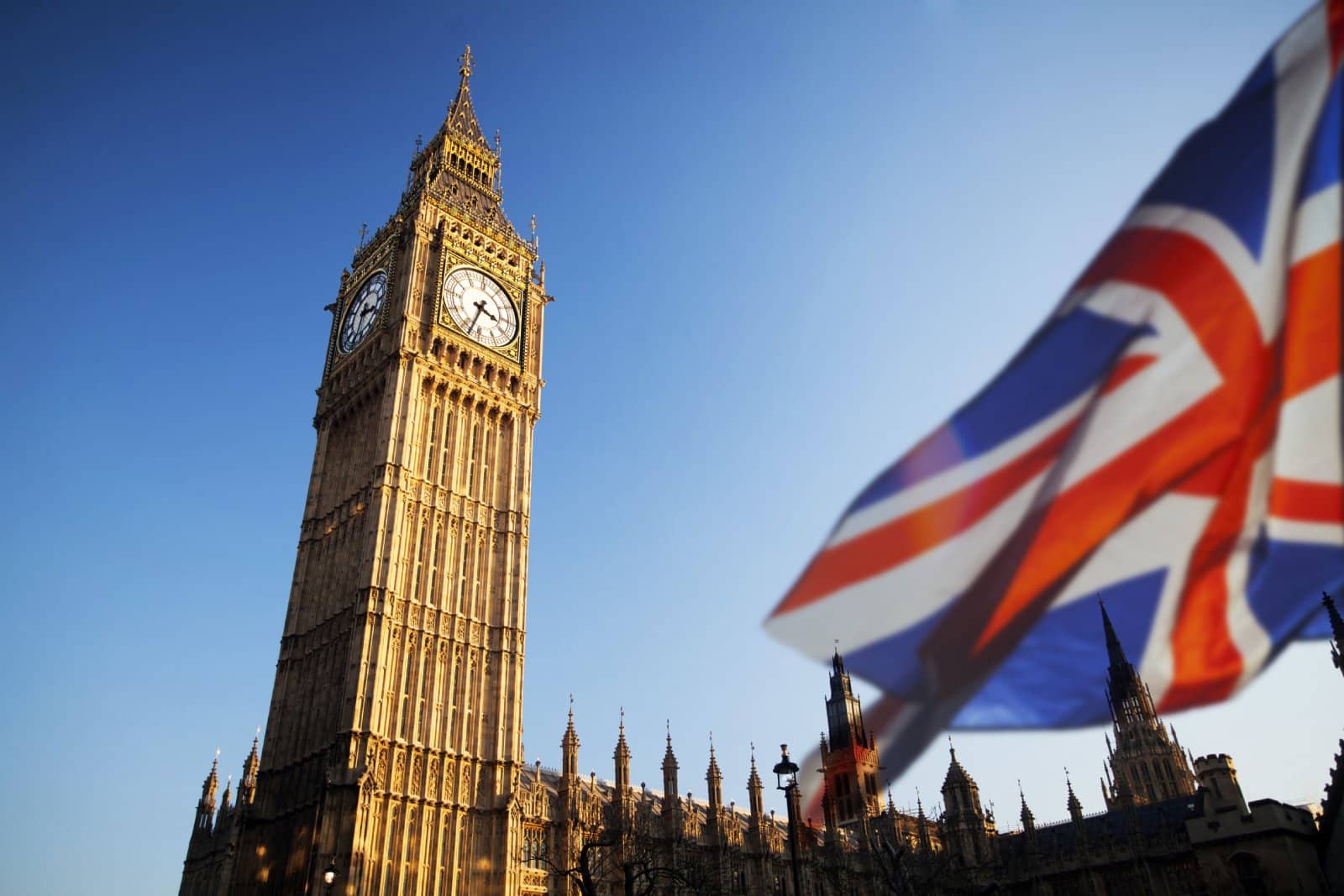
Reform UK calls for changes in local government, including directly elected executive mayors and more referendums to increase democratic engagement.
#13. Immigration Policy

While not anti-immigration, the party advocates for controlled immigration to manage the impact on public services and housing.
#14. Financial Regulation

It has expressed the need for reforms in financial regulation to support small and medium-sized enterprises (SMEs) and encourage investment.
#15. Environmental Policies

Reform UK seeks a practical approach to environmental issues, balancing economic growth with environmental sustainability, differing from more radical climate change agendas.
Reform UK’s evolution from a single-issue party to a broader political platform reflects its attempt to adapt to the changing political landscape in the UK.
While the party continues to seek a significant breakthrough in national and local elections, its policies and positions contribute to the wider political discourse.
More Articles Like This…
Broken Britain: 12 Reasons Behind the UK’s Decline
Say the Unsayable: 10 Occasions When Farage Spoke His Mind About Britain
The post Reform UK Party: Who Are They and What’s All the Fuss About? first appeared on Edge Media.
Featured Image Credit: Shutterstock / Max Willcock.
Sarah Griffin is an experienced writer known for her incisive analysis of UK politics and human rights issues. Her work blends depth and clarity, providing insightful and often satirical commentary on the contemporary political landscape

